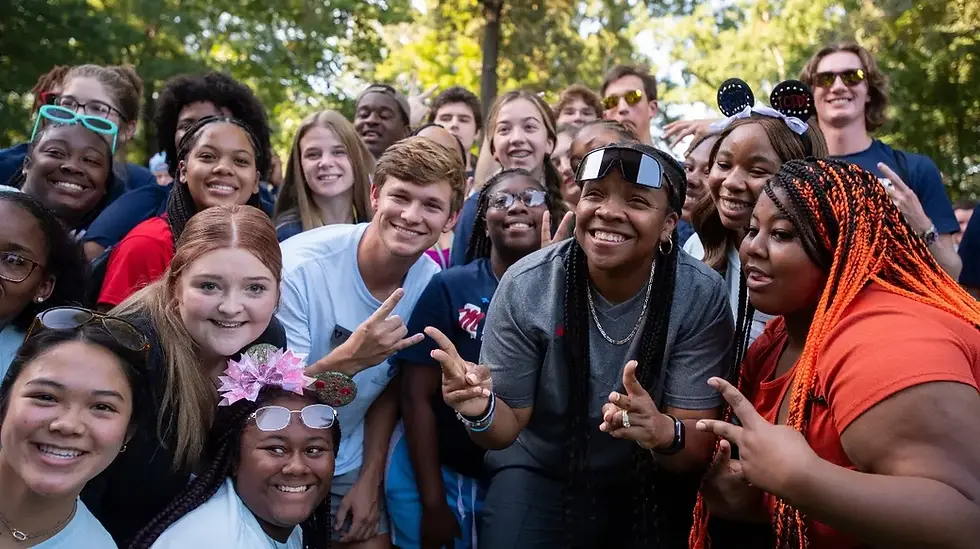We used to share a story about America, but not any more
- Joanne Jacobs

- Sep 2, 2022
- 2 min read
New laws restricting how teachers can discuss "divisive issues" try "to impose a singular narrative of the United States, because — unfortunately — we don’t have a shared one anymore," writes Jonathan Zimmerman in a Washington Post column on the history education wars.
Past conflicts over history in schools centered on who was included in the "grand national narrative" of "America as a land of freedom and progress," he writes. Immigrants, women and racial minorities didn't want to question the story. They wanted in.
"American history is far muddier" than the right or the left will admit, writes Zimmerman, who teaches education and history at Penn. "It combines the noble ideals that the right wants to emphasize and the oppressive reality that the left insists upon including." Can we teach students to make sense of multiple perspectives? He concludes that "reasonable people use the same facts to come to different views of our shared past."
Reasonable people. They seem to be in short supply.

The Civics Alliance has published a proposed set of social studies standards called American Birthright, which has come under attack form the left. David Randall, research director of the National Association of Scholars and executive director of the Civics Alliance, responds here to charges by Kathryn Joyce in Salon and education scholar Diane Ravitch on her blog that the standards aim to indoctrinate students in a Christian view of American history or that they whitewash slavery and racism.
College Board is piloting an African-American Studies AP course, reports Anemona Hartocollis in the New York Times.
The multidisciplinary course will cover history, civil rights, politics, literature, the arts, and geography. Among topics, according to Marlon Williams-Clark, a social studies teacher in Florida, will be "the strength of early African kingdoms and cultures, the trans-Atlantic slave trade, the lives of enslaved people and what they did to resist, and moving toward the Harlem Renaissance, Black power and Black pride, the civil rights movement, Black feminism and intersectionality."
There's an AP course and exam on European History and AP language courses in Chinese, Japanese, French and Spanish that include culture, but this course is unique. It sounds very ambitious: Can teachers really teach all that in a school year?
FAIR in Education has released an Introduction to Ethnic Studies High School Course Outline— "detailing a pro-human, inclusive and nonpartisan approach."
The course teaches how America has helped so many people to thrive and also how it has often failed to protect the rights of many. It approaches the American story objectively and optimistically, giving students a rich understanding of how far we have come since our nation's founding in living up to our ideals of freedom and human rights, and how each of us has the power to protect and build upon those improvements to make America even better.
It's designed for California schools, which must start offering ethnic studies in 2025-26 and make it a graduation requirement for the Class of 2030. FAIR's outline looks teachable to me.



As a mouthpiece for right wing dogma, how does that make you feel?
It's not about history anymore. It's about narrative.